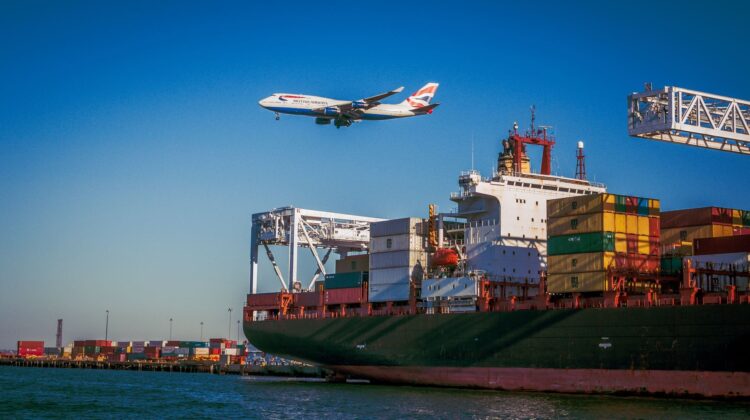
Ocean freight services at on heightened air cargo services
Rising competition from air cargo services may dent any windfall expectations for shipping container demand following the rebound in global trade activities in the second half of 2020.
As international passenger flights continue to be banned in many countries, airlines have opted to fold down their seats to make room for freights to meet demand and cover their operating losses.
According to official data, the total container throughput at Port Klang’s Westports dropped by 4% for the first nine months of 2020 (9M20).
Export and import volume fell 8% compared to last year, while transshipment rose 5% on annual comparison.
For the southern region, the Port of Tanjung Pelepas saw a marginal decline of 0.6% annually on its imports and exports for 10M20.
Bank Islam Malaysia Bhd economist Adam Mohamed Rahim said Malaysia’s ocean freight is expected to be flattish before pointing upwards in 2021 following the gradual world economic recovery.
“Due to the Covid-19 pandemic, port operators in Malaysia have been expecting lower container throughput amid weaker demand for goods worldwide compared to previous years.
“In the near term, we foresee front-loading of cargoes during Christmas and ahead of Chinese New Year to support container throughput towards the end of the year.
“Container throughput in 2020 is expected to be flattish before recovering in 2021, barring any unforeseen circumstances from the latest jitters of the mutated Covid-19 found in the UK,” he told The Malaysian Reserve.
Adam said concerns over the resurgent coronavirus pandemic are threats to global sea shipment, which was disregarded as among the beneficiaries in the distribution of the Covid-19 vaccines.
“The only major drag on global container throughput in 2021 will be China’s decision to limit access to ships if there is a rise in Covid-19 cases.
“Concerning the vaccine distribution, air freight will be the main mode of transport as it is faster,” he said.
Meanwhile, the government’s expenditure allotted under Budget 2021 for transportation and infrastructure will indirectly boost the country’s container throughput due to the higher demand for building materials.
“The government’s commitment to implement key transport infrastructure projects by allocating a total of RM15 billion in Budget 2021 will boost the demand for building materials.
“It bodes well in terms of container throughput as such items are usually transported via ships due to their heavy and bulky nature,” Adam said.
He added that the Regional Comprehensive Economic Partnership signed by Malaysia and other member countries last November will likely see a smoother flow of goods between the members and subsequently give rise to the container throughput handled at Malaysian ports.
The Bursa Malaysia Transportation and Logistics Index was up 0.73% at 764.20 at close last Thursday, with 337.84 billion shares traded. Gainers led losers nine to eight, with 13 counters unchanged.
MISC Bhd, which accounts for nearly 43% of the index, was listed as among the gainers last Thursday with its share price increasing 0.62% or four sen to RM6.50. Westports Holdings Bhd, the second-biggest counter on the index by number of shares, was among the laggards with a 0.23% or one sen drop in its share price to RM4.40.
